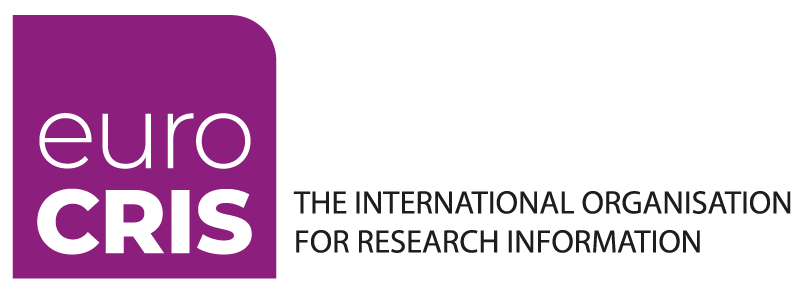This release makes a few additions based on current experience with CERIF usage. On the other hand, the use of some attributes in the model is deprecated - these attributes will go away in a future release. The more appropriate way of expressing the information now is using a classification or federated identifiers.
See below for a detailed list of changes.
The CERIF 1.6 release comprises the CERIF 1.6 FDM module plus the CERIF 1.6 XML module only; it does not include the rest of CERIF intellectual property which is held by euroCRIS. The CERIF 1.6 release incorporates updates inline with the structure of the CERIF XML released under 1.4 and 1.5, to be validated by a new CERIF 1.6 XML Schema file. This CERIF 1.6 XML Schema file based on the CERIF 1.6 FDM is published under this license.
The conditions of this license can be waived for extensions to both the published CERIF 1.6 XML Schema file and the FDM in CERIF consistent style as defined by the euroCRIS CERIF Task Group while maintaining attribution to the licensor, euroCRIS. Any extension should be proposed to and validated by the CERIF Task Group if You wish to claim CERIF compatibility.
euroCRIS will leave earlier licensed versions available on the website but does not commit to support any but the latest released version and may remove earlier versions without notice.
CERIF 1.6 is licensed under a Creative Commons Attribution-NoDerivs 3.0 Unported License.
Additional CERIF information and examples are available on the CERIF Support Blog which we have archived here.
The following CERIF 1.6 components are currently available for testing and review:
- The CERIF 1.6 model documentation for online navigation
- The CERIF 1.6 XML Schema
A valid CERIF 1.5 XML file is modified into a valid 1.6 one by taking the following three easy steps: (1) change the namespace URI tourn:xmlns:org:eurocris:cerif-1.6-2; (2) change the XML Schema location for this new namespace tohttp://www.eurocris.org/Uploads/Web%20pages/CERIF-1.6/CERIF_1.6_2.xsd; and (3) remove the "release" attribute from the "CERIF" element.
We plan to release the SQL Scripts (available for euroCRIS members only), the FDM Model Introduction and Specification document, the XML Data Exchange Specification, XML examples and an updated vocabulary later in the process. Until then documents from earlier CERIF releases may serve for a basic orientation.
CERIF 1.6 contains the following changes over CERIF 1.5:
- New Entities:
- cfResultProductAlternativeName
- cfResultProduct_GeographicBoundingBox
- cfGeographicBoundingBox_Measurement
- cfResultProduct_ResultPatent
- New Attributes:
- cfAlternativeName in entity cfResultProductAlternativeName
- cfDateTime in entity cfMeasurement
- cfOrder in entities cfResultPublication, cfResultPatent, and cfResultProduct
- Deprecated Attributes -- to be removed in a future release:
- cfOtherNames from cfPersonName
- cfISSN and cfISBN from cfResultPublication (use the federated identifier instead)
- cfStartDate and cfEndDate from cfProject and cfFunding (put the dates in a classification or a link to a relevant partner)
- cfRegistrationDate and cfApprovalDate from cfResultPatent (put the dates in the links to the patent office)
- cfFeeOrFree in cfEvent (use a classification instead)
- cfPatentNumber in cfResultPatent (use the federated identifier)
- Deprecated Entities -- to be removed in a future release:
- The Dublin Core part of the model i.e., the cfDC* entities (anyone using this part of the CERIF model please contact us)
- Changes in the XML exchange format:
- New namespace
urn:xmlns:org:eurocris:cerif-1.6-2 - The
cfPersNameIdandcfFedIdIdinternal identifiers are now optional - Internal refactoring of the XML schema:
- The
cfCoreClassWithFraction__GroupandcfCoreClass__Groupare used consistently throughout the schema - One-particle
xs:sequenceorxs:choiceeliminated
As an effect, the file size of the XML Schema is smaller, and also, the XML Schema should be more straightforward to use in XML-object binding frameworks.
- The
- New namespace
This page was last modified on 13-Aug-2013 by Jan Dvorak



